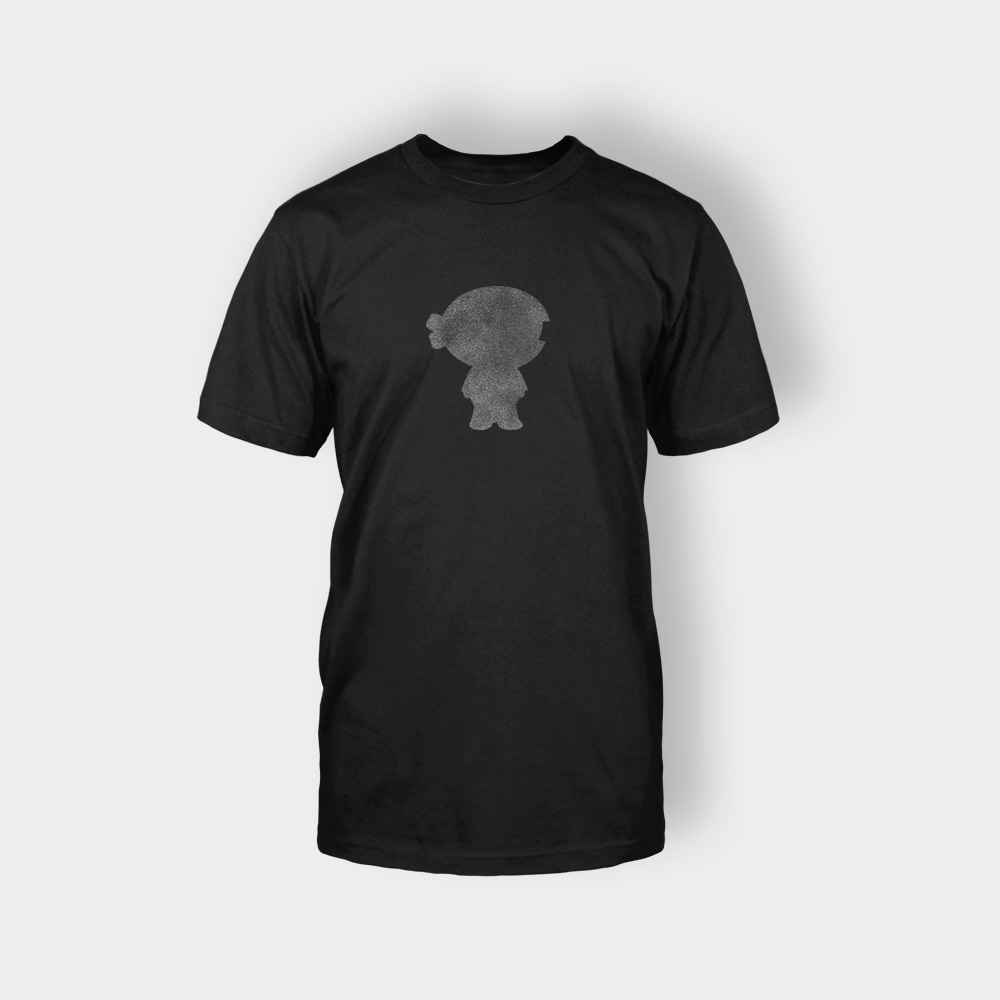When you see a global media opportunity, including training, award, fellowship, conference, or other opportunities for which you are qualified, don’t rule yourself out by thinking you don’t have a chance against many other applicants worldwide.
In 1996, while I was Group News Editor at The Punch, I started reading Newsletters of the Thomson Foundation in Cardiff offering a three-month all-expenses paid Advance Journalism Course.
I opted to take a chance and applied to be considered for selection as one of the 1998 participants in the course. My application was successful and I travelled to attend the programme. It was during the programme that for the first time, I had an Internet-enabled desktop assigned to me and I learnt emerging new media practices. I networked worldwide and my career has continued to benefit from that opportunity to date.
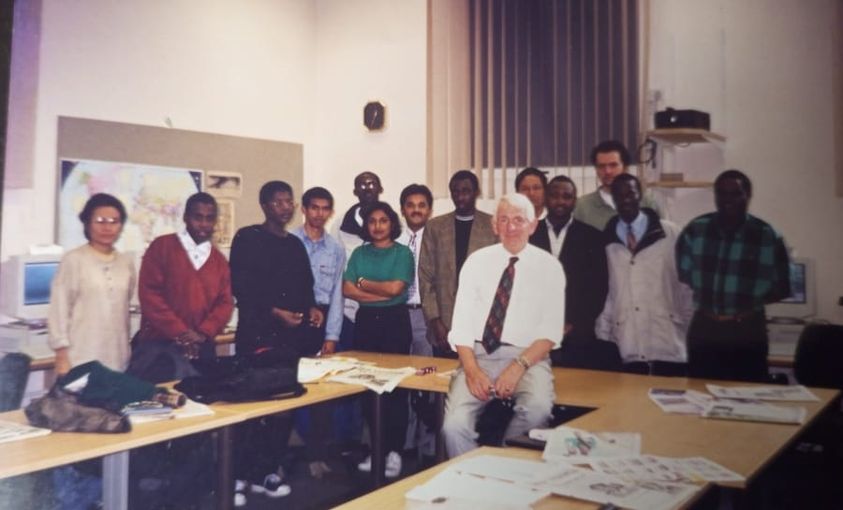
Two journalists participating in two global media training caught my attention recently, Programme Director of the Centre for Journalism Innovation and Development, Babatunde Akintunde and Founder of FactCheck Africa, a nonprofit fact-checking platform, Mr. Abideen Olasupo. These two Nigerians are currently in a group of global media leaders shaping media practice.
Babatunde is the second African fellow to ever be selected for the year-long Poynter media transformation challenge (MTC) for 2025, after Dapo Olorunyomi, Publisher of Premium Times and founder of CJID and WSCIJ who was selected in 2023.
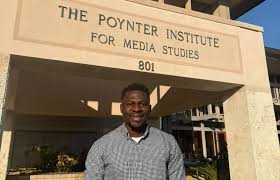
He is among the 32 senior media executives worldwide selected for their outstanding contributions to journalism and commitment to advancing media transformation and sustainability.
Olasupo, who was also recently selected for the 2025 AI Journalism Lab Leadership Cohort hosted by the Craig Newmark Graduate School of Journalism at the City University of New York (CUNY), United States was in New York, with a group of 23 prominent news leaders from across the globe, who will explore cutting-edge technologies that are transforming the media landscape.
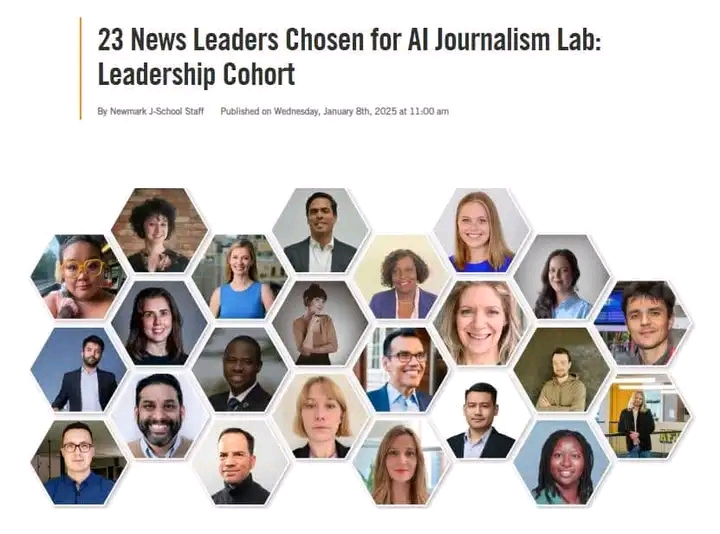
Apart from Babatunde and Olasupo, Philip Obaji, a Nigerian Correspondent for the Daily Beast, was named among journalists from three U.S. news organizations recognized as 2024 Michael Kelly Award finalists, and each will receive a $3,000 prize.
Obaji who is the first African to be a finalist in the award, has also won many international awards including being the first Nigerian to win the International Journalist of the Year award by One World Media in 2023.
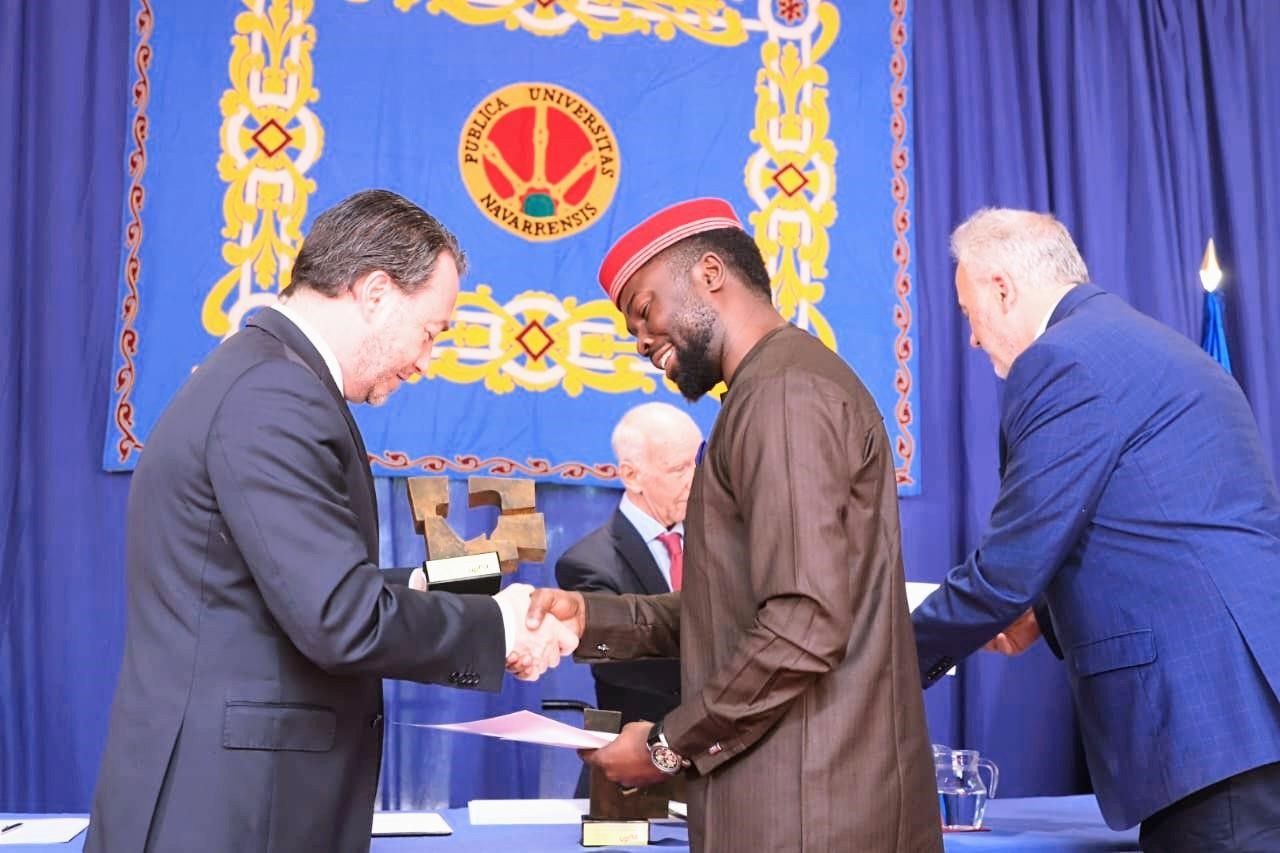
President of the National Association of Campus Journalists, Usmanu Danfodiyo University, Sokoto, Shereefdeen Ahmad didn’t feel overwhelmed by the competitiveness or the rigour of application for a global student exchange opportunity. Despite that only three Nigerians will be selected for the Africa Is Not A Country Students Exchange Program 2024, he still applied and won.
As a final year Law student and a campus journalist, the experience and exposure he got from his trip to Denmark where he met the Ambassador of Denmark, visited the Danish Ministry of Foreign Affairs, Danish School of Media and Journalism, Constructive Institute for Journalism and host of other places has significantly impacted his career.
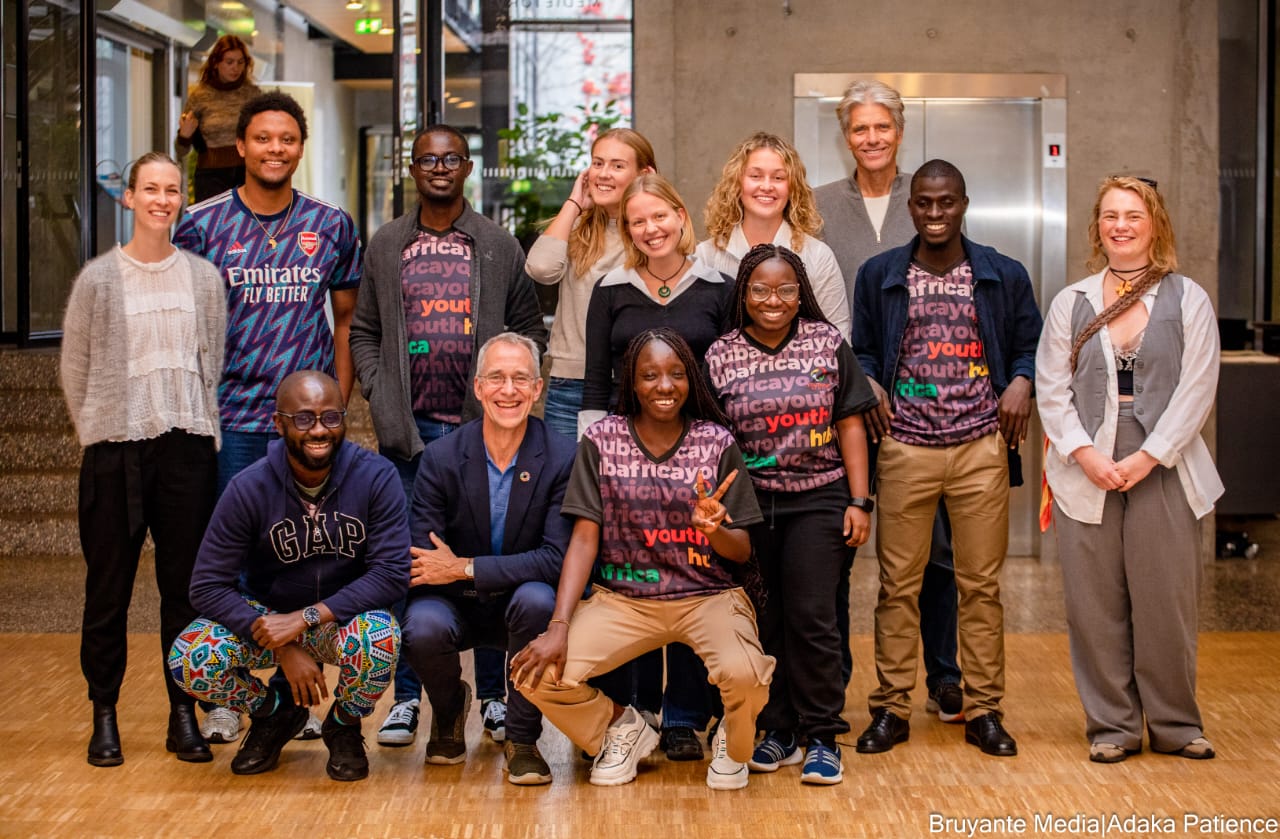
Ahmad with colleagues (second from right standing) in Denmark.
If Akintunde, Olasupo, Obaji, Ahmad and other Nigerian journalists who applied and won global opportunities had been intimidated by the possible credentials of other top international journalists, they would not have benefitted from the programmes they are attending or gotten the awards they have.
Instead of denying yourself the global acclaim and opportunities journalism offers, take a chance and apply for them knowing that the work you are doing and reports may just be good enough to earn you a place or recognition at the global level. And with that, you can also contribute to making an impact with journalism on a global level.
To compete with other journalists for global opportunities you need to pay attention to the following:
*Be excellent in whatever you do.
*Abide by global best practices in your assignments. Adapt global standards even for local works.
*Be conversant with local and global opportunities you can apply for. Global opportunities are not the only ones available, start with local ones too.
*Ensure your work is available online and can be accessed by whoever wants to check them. It may be a basis for consideration or being recommended.
*Apply for whatever you are qualified for on time and follow the stipulated guidelines. Only those who apply are considered.
*Join a community or network of forward-thinking professionals who look out for each other’s career growth and lastly;
Always dare to take that needed step!

